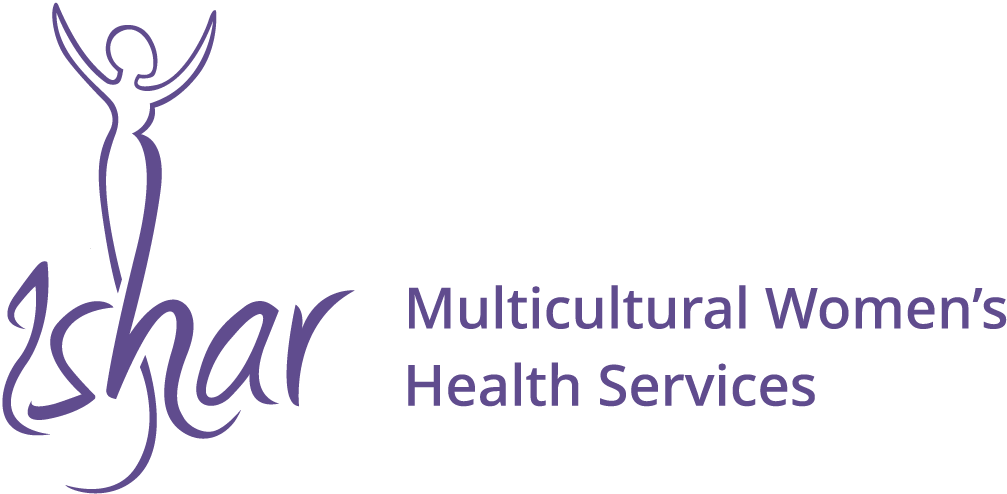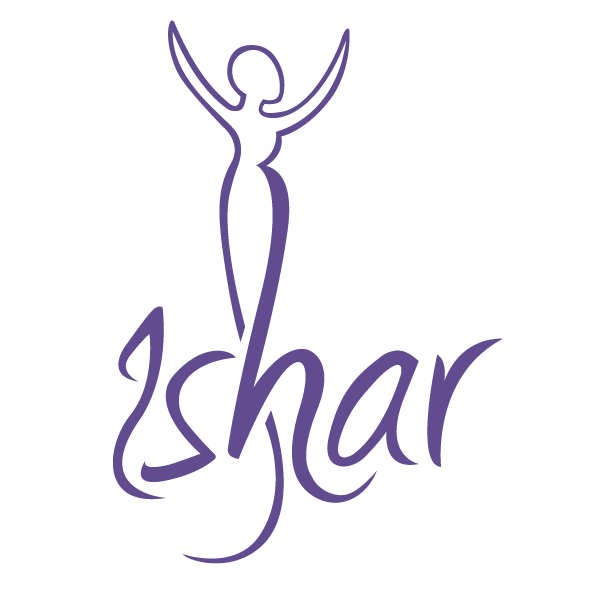Publications
Women’s Health Education Videos
These videos provide an introduction to various women’s health related topics for educational purposes.
The videos cover the following topics;
Breast Cancer Screening
Cervical Cancer Screening
Infectious Disease
Menopause
Mental Health
These videos can be used in conjunction with bilingiual health education to women from multicultural backgrounds who speak a language other than English, as the videos use easy English and are delivered by our Community Health Promotion Educators.
Breaking Barriers: Resources in Language Unveiling the Faces of Family and Domestic Violence
Ishar's multilingual resources, including the information booklet and safety plan available in Hindi, Arabic, Chinese, and English, represent a groundbreaking milestone in preventing and addressing family and domestic violence. By articulating the various manifestations of violence in language, Ishar works with survivors to recognise violence and empowers them by utilising the survivors' strengths and providing them with the skills, knowledge and resources to rebuild their lives.
Safe To Tell
Ishar, in partnership with Sexual Health Quarters, is proud to launch culturally and linguistically diverse multilingual video resources as part of the “Safe To Tell” project. These videos, produced in English, Arabic, Farsi and Mandarin, will help to improve a woman’s awareness of, and confidence in, identifying and responding to experiences of intimate partner violence, reproductive coercion and domestic violence.
How to introduce the common allergy causing foods to your baby
Ishar has partnered with the National Allergies Strategy Nip Allergies in the Bub project to reproduce their resources in language for Ishar’s clients and community women. This video is in Burmese, Karen, Hazaragi and Hakha Chin.
Should I give my breastfed baby formula?
Should I give my breastfed baby formula is a question we get asked very often from women who are successfully breastfeeding. When the mother is able, breast milk is the preferred option when feeding a baby as it has the right balance of nutrients for babies, helps them grow strong and to have better brain growth and development. This video is in Burmese, Karen, Hazaragi, Hakha Chin and English.
STIs: Healthy Minds, Healthy Bodies, Happy Hearts
Sex means something different for everyone, due to who you are as a person, your culture, and your religion. This video by Ishar Multicultural Women’s Health Services looks at what safe sex is, how to prevent and treat sexually transmitted infections, and the importance of getting regular sexual health checks.
Lifestyle: Healthy Minds, Healthy Bodies, Happy Hearts
Eating healthy and doing regular exercise is important for your body. This video by Ishar Multicultural Women’s Health Services provides tips on making better food choices, improving nutrient intake, and increasing regular exercise.
Mental Health: Healthy Minds, Healthy Bodies, Happy Hearts
Healthy Bodies, Healthy Minds, Happy Hearts project, providing health education to young refugee and migrant women.
Healthy Minds, Healthy Bodies, Happy Hearts
Empowering Young Refugee and Migrant Women to Have Safe and Respectful Relationships
Your Money & Financial Well-Being
The “Your Money & Financial Wellbeing” booklet is a part of the ongoing “Financial Literacy and Its Relationship to Health and Wellbeing Project”, funded by the Office of Multicultural Interests. The booklet is available in print and electronic form in English, Arabic, Farsi, and Vietnamese to facilitate wider access to this important information.
Women’s Cardiovascular Disease – Let’s get to the heart of the matter
Women by nature are altruistic creatures, we put everyone and everything above ourselves even if it jeopardises our own health. More than 20 women die of heart disease every day.
Homelessness: The Invisible Epidemic
Migrant and CaLD women are stigmatised and sometimes ostracised for leaving violent relationships. They are accused of breaking up families and bringing “shame” to their families back home and hence they are more reluctant to seek help. These women also rely solely on their partners for their financial and everyday needs which further deters them from reaching out. Additionally, CaLD women usually lack the language skills and knowledge to navigate through the often complex and bureaucratic housing and legal systems.
Laugh Without Leaking
Urinary incontinence is not usually a talking point over dinner or a conversation starter at a party! This leaves people suffering in silence, and stops them from enjoying exercise, activities, and living life to the full. It can be very distressing and leave a major emotional effect on the sufferer. Many women believe it is normal and permanent to have incontinence but this is not correct! It is a condition which can be treated, managed or even cured.
Education: Empowerment for Women
Globally, 65 million girls are not in school. 17 million girls of primary school age will probably never attend school in their lifetimes. One third of girls in the developing world are married before the age of 18, and 1 in 9 are married before the age of 15. According to the United Nations, undereducated women are also most vulnerable to trafficking, abuse, and unplanned pregnancies.















